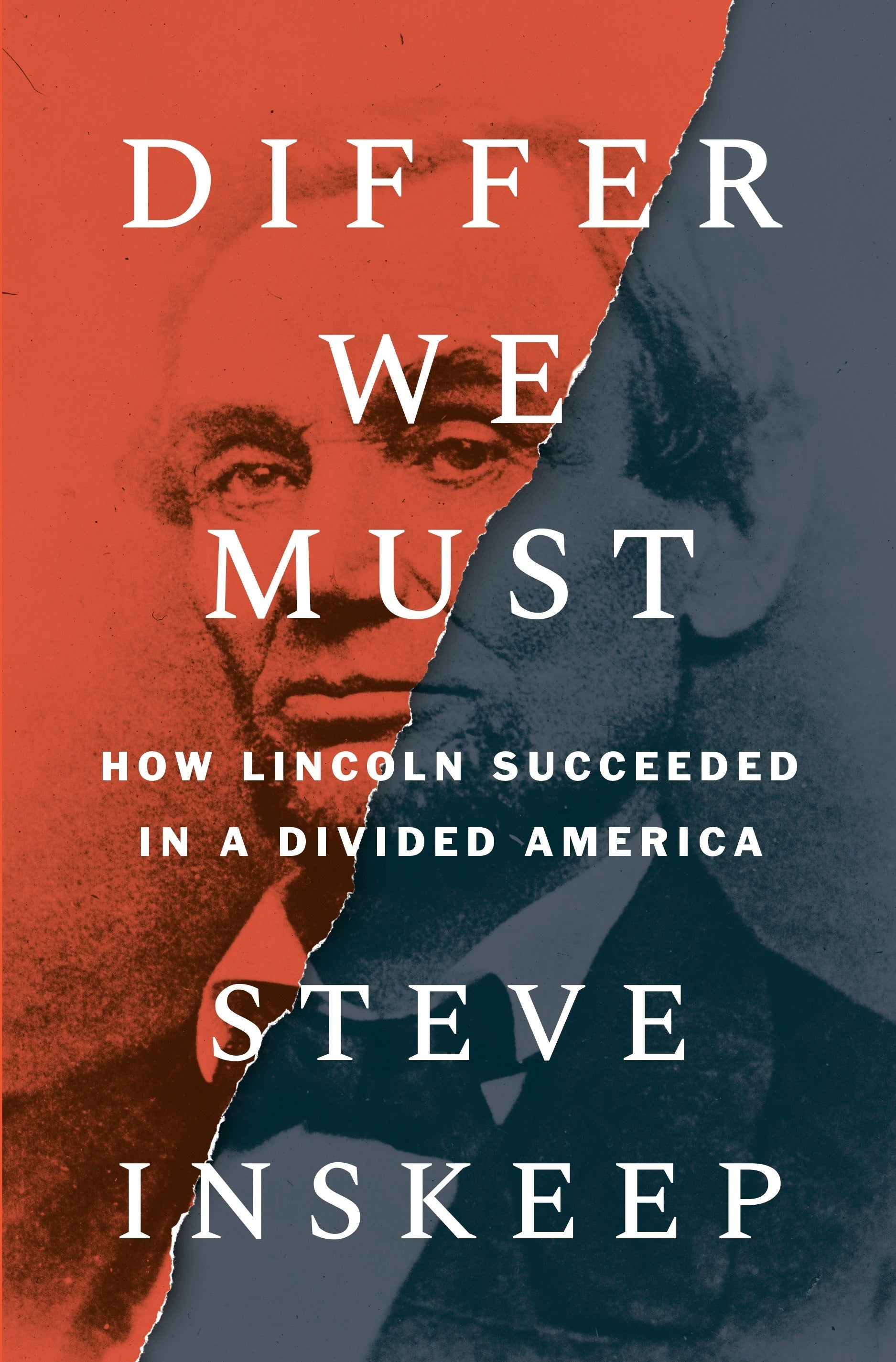Book Review: 'Differ We Must' illustrates Abraham Lincoln's political skills
NPR “Morning Edition” co-host Steve Inskeep details President Abraham Lincoln's political skills in “Differ We Must: How Lincoln Succeeded in a Divided America.”

Your support helps us to tell the story
From reproductive rights to climate change to Big Tech, The Independent is on the ground when the story is developing. Whether it's investigating the financials of Elon Musk's pro-Trump PAC or producing our latest documentary, 'The A Word', which shines a light on the American women fighting for reproductive rights, we know how important it is to parse out the facts from the messaging.
At such a critical moment in US history, we need reporters on the ground. Your donation allows us to keep sending journalists to speak to both sides of the story.
The Independent is trusted by Americans across the entire political spectrum. And unlike many other quality news outlets, we choose not to lock Americans out of our reporting and analysis with paywalls. We believe quality journalism should be available to everyone, paid for by those who can afford it.
Your support makes all the difference.In “Differ We Must: How Lincoln Succeeded In a Divided America,” Steve Inskeep is taking on one of the most challenging tasks for a biographer by profiling the nation's 16th president.
There's little new to be said or explored about Lincoln that's not already covered in the massive pile of biographies already out there. But Inskeep, co-host of NPR's “Morning Edition,” tries an approach that illuminates Lincoln's political skill.
From the opening pages of the biography, Inskeep details how much Lincoln's political skill was a part of the late president's legacy and character. As Inskeep puts it, “Lincoln preserved the country and took part in a social revolution because he engaged in politics.”
Inskeep illustrates that political skill by focusing on 16 encounters Lincoln had throughout his lifetime. They include well-known and well-chronicled figures in Lincoln's political upbringing, such as William Seward, George McClellan and Frederick Douglass.
Even though these chapters tread familiar ground, Inskeep manages to adeptly use them to show how Lincoln's mastery of politics adapted and evolved throughout his career.
But the most compelling chapters profile lesser-known figures and their connections to Lincoln. They include Mary Ellen Wise, who disguised her gender to serve as a Union soldier and confronted Lincoln to collect her back pay. As Inskeep recounts, Lincoln ensured Wise got her pay and the president also got news coverage that reinforced him as a man of the people.
In the last chapter, Inskeep uses Lincoln's at-times fraught marriage with Mary Todd to show how his rocky home life helped prepare him for leading a country during the Civil War.
“The skills he needed at home resembled some he needed for work,” Inskeep writes.
The brisk biography, filled with lively anecdotes and interesting analysis, offers more than enough to stand out among recent additions to the collection of Lincoln biographies.